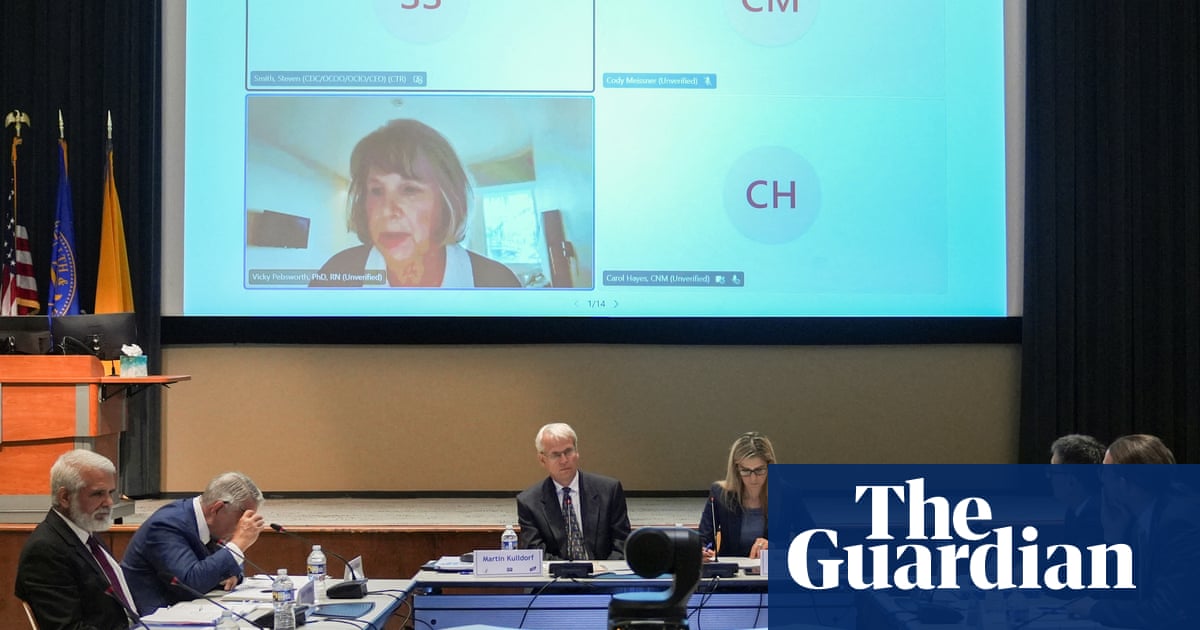U.S. Consumers Face Credit Crunch, Says Unicus Research CEO

The U.S. consumer landscape is experiencing significant financial strain, as many individuals are facing depleted credit options. Laks Ganapathi, founder and CEO of Unicus Research, discussed these trends during a recent segment on CNBC’s “Fast Money.” He emphasized that the current economic conditions are leaving consumers “stretched thin” and with limited access to credit.
Ganapathi pointed out that the rising cost of living, coupled with increasing interest rates, has led to a decline in consumer spending power. Many households are grappling with high levels of credit card debt, which has soared to unprecedented levels in 2023. He noted that the average American family now carries approximately $16,000 in credit card debt, a figure that reflects the mounting financial pressures faced by consumers.
Challenges in the Electric Vehicle Market
In addition to the broader consumer credit issues, Ganapathi addressed the challenges within the electric vehicle (EV) market. He explained that while there is a growing demand for EVs, the high upfront costs and limited charging infrastructure are hindering widespread adoption. The average price of an electric vehicle has climbed to around $66,000, which poses a barrier for many potential buyers.
The conversation on “Fast Money” highlighted the implications of these financial constraints on the EV market. With many consumers already stretched financially, the steep prices of electric vehicles could delay the shift towards greener transportation options. Ganapathi suggested that without substantial incentives or lower costs, the transition may take longer than anticipated.
Ganapathi did not shy away from discussing the potential long-term impacts of consumer credit constraints on the overall economy. He noted that as consumers pull back on spending, businesses may see a slowdown in sales, which could affect job growth and economic stability.
Future Outlook and Recommendations
Looking ahead, Ganapathi stressed the importance of addressing these credit issues to support consumer spending. He advocated for financial education and responsible credit use to help individuals manage their debts more effectively. Moreover, he called for policies aimed at stimulating economic growth, particularly in sectors that support consumer spending.
As the discussion concluded, it became clear that the financial landscape for U.S. consumers is fraught with challenges. The insights from Ganapathi underscore the need for both immediate and long-term solutions to help alleviate the financial pressures faced by many households today.






